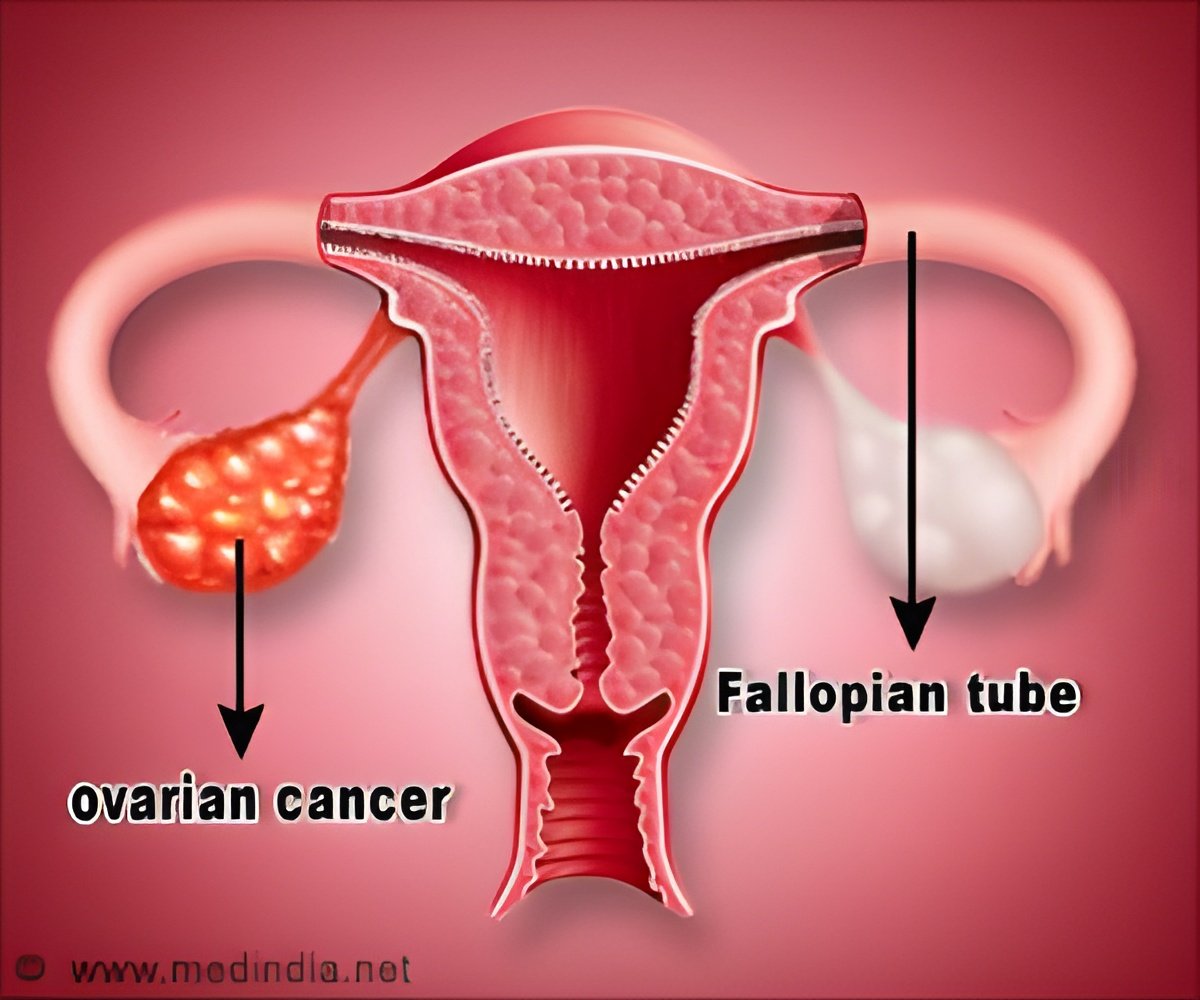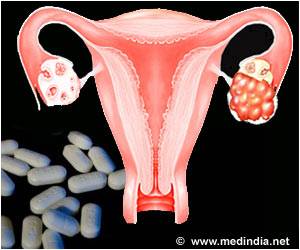Women with borderline ovarian tumors can mostly have children naturally without requiring assisted reproduction with fertility-sparing surgery. These women also had a high survival rate.

TOP INSIGHT
Women who had fertility-sparing surgery (FSS) for the treatment of early-stage borderline ovarian tumors (BOTs) were mostly able to give birth to children naturally. Only a small population required in vitro fertilization (IVF). These women also had high survival rates which were not different when compared with women who underwent radical cancer treatment.
Read More..
Annually in Sweden, around 700 women develop ovarian cancer in which up to 20% of them are borderline ovarian tumors (BOTs), and one-third of these women are in their fertile age.
Fertility sparing surgery (FSS) is a surgery that preserves the uterus and at least some parts of the ovaries. It is the most common option for people who wish to preserve their fertility.
There is a higher risk of relapse in fertility-sparing surgery when compared to radical cancer treatment. Radical cancer treatment is a surgery in which the uterus and both the ovaries are removed. However, the advantages of FSS has made it an acceptable option for young women.
The study data was from Sweden’s healthcare registers. Women between the ages of 18 and 40 were included for the study. They had received their fertility-sparing surgery for early-stage borderline ovarian tumor between 2008 and 2015.
The women who had given birth after fertility-sparing surgery were identified using the National Board of Health and Welfare's Medical Birth Register and the National Quality Registry for Assisted Reproduction (Q-IVF).
There were 213 women in Sweden who underwent FSS between 2008 to 2015. Out of the 213 women, 23% had given birth to 62 babies after treatment.
A small group of 90 women from the 213 women underwent IVF.
The women who had given birth after FSS were followed for 76 months and the women who had not given birth were followed for 58 months.
The survival rate for the entire study group of 277 women was an excellent 99%. There was no difference in survival between women who underwent fertility-sparing surgery and radical surgical cancer treatment.
"In the choice of treatment for borderline ovarian tumours, safety and the effectiveness for future childbearing must be taken into account," says the study's last author Kenny Rodriguez-Wallberg.
Source-Medindia
 MEDINDIA
MEDINDIA




 Email
Email







